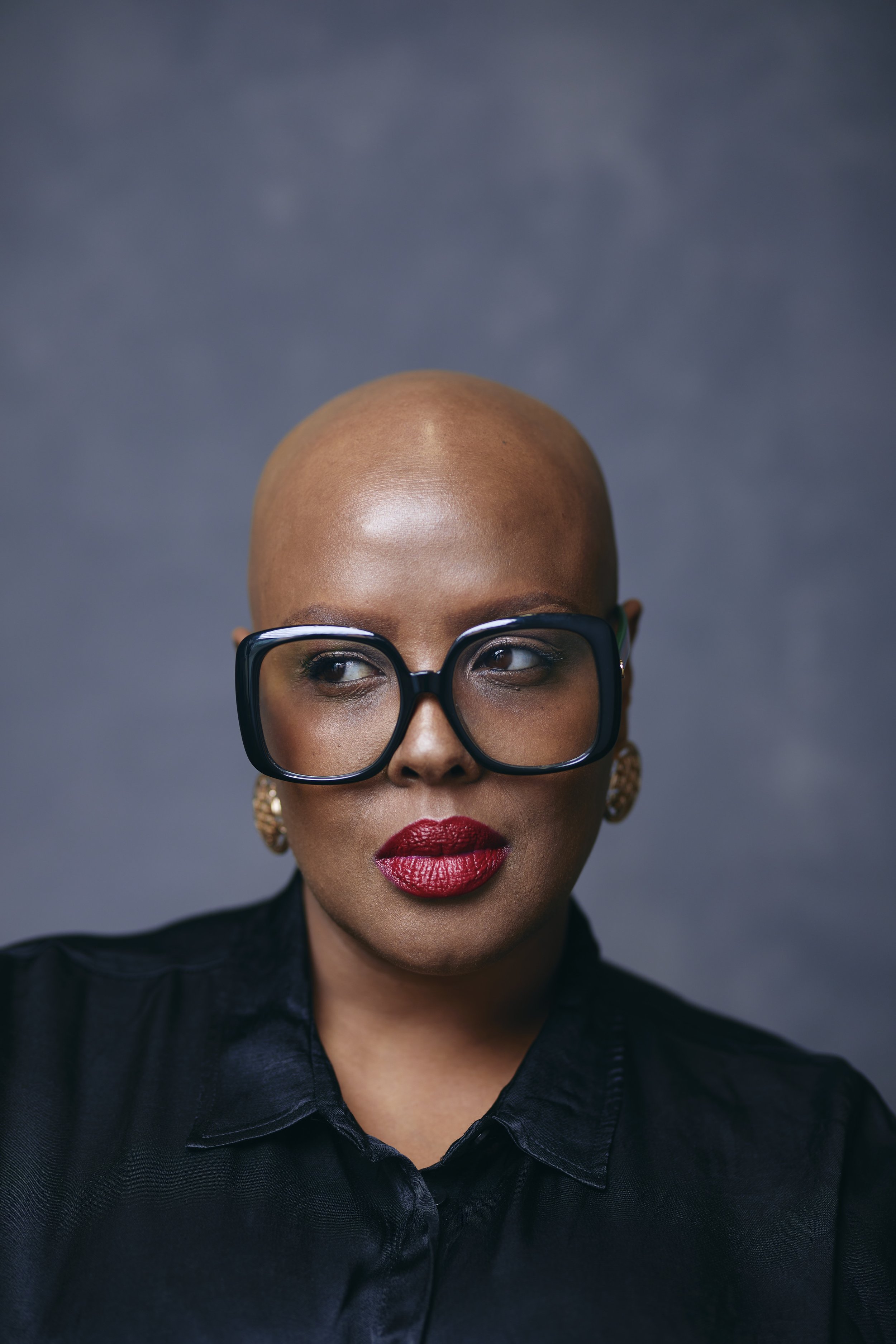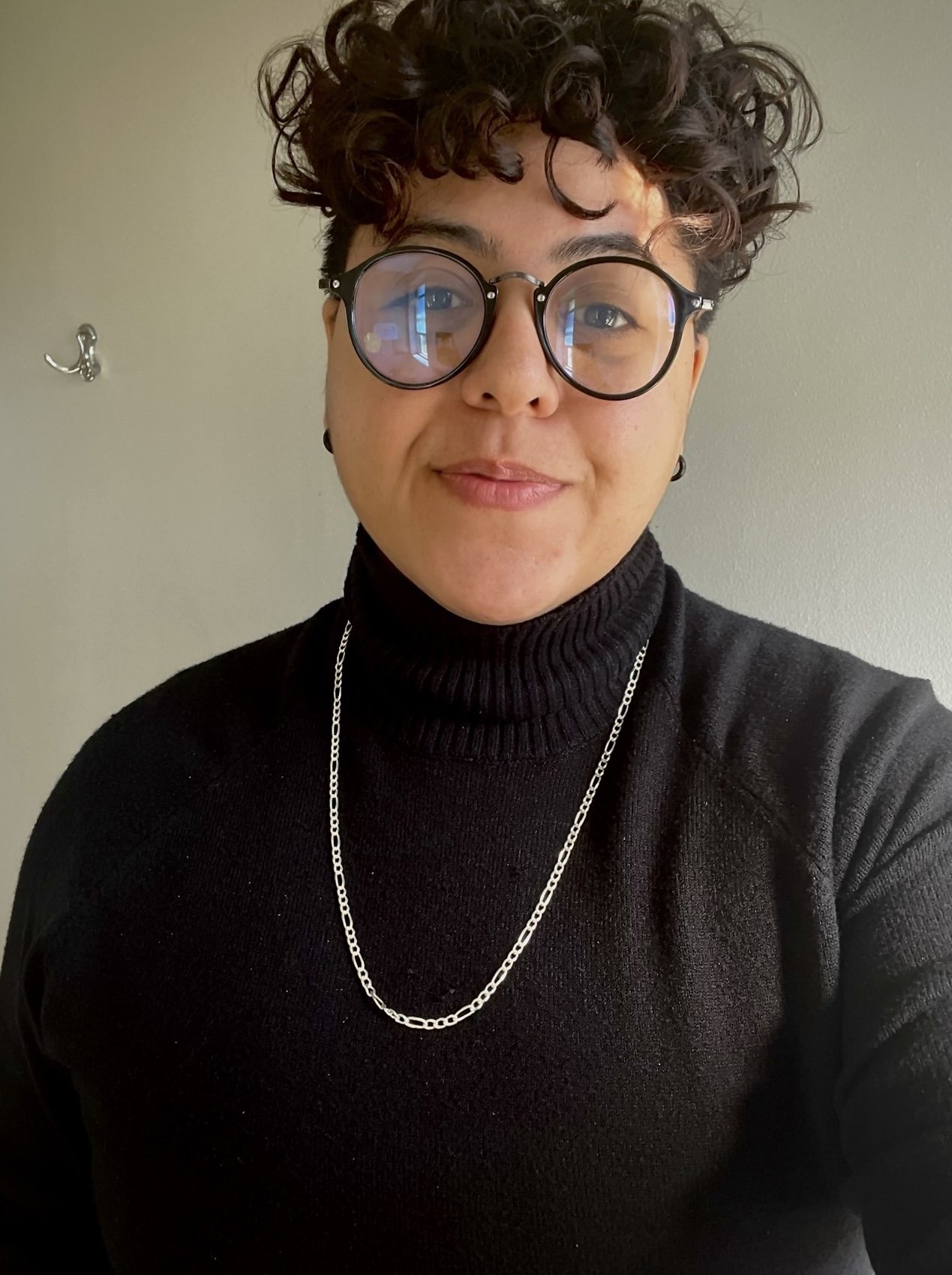About the Series
IDHA organized our first-ever Decarcerating Care conversation in September 2020, in the midst of ongoing racial uprisings in the United States and globally. As abolitionists and organizers called to divest funding from the police and some advocated for reallocation to mental health care, IDHA sought to draw attention to the ways in which the mental health care system maintains white supremacist, racial hierarchies and operates on logics of surveillance, coercion, and control. In the two and a half years since, IDHA’s six panels have reached more than 11,000 people with urgent dialogue about alternatives to policing that are rooted in the lived experience of mental health service users and survivors, movement leaders, and disabled community members.
We have thus far explored: the importance of taking policing out of mental health crisis response; the ways in which “reforms” uphold the ongoing coercion of marginalized communities; concrete steps and tools for decarcerating one's practice; how to build community-based healing alternatives; how systems of surveillance intersect with mental health and disability; and how institutionalization has long operated as a tool of social control, manifesting today in the expansion of involuntary commitment directives nationally.
About the Event
For as long as there has been repression, there has been resistance. A longstanding strategy for undermining this resistance has been to pathologize those who challenge the capitalist, colonial status quo. This practice has deep roots in the history of the mental health field, from labeling those who sought to escape slavery with the psychiatric disorder of drapetomania, to labeling Indigenous peoples as “primitive” “savages” who must be mentally deficient to resist “civilization,” to diagnosing Black men who participated in civil rights demonstrations with schizophrenia in a phenomenon known as the protest psychosis. Today, amid multiple ongoing genocides and widespread organizing against colonial violence, activists are commonly threatened with institutionalization as a result of their protest activities – including those fighting for a free Palestine. The pathologizing of resistance is part of a global pattern of discrediting, undermining, and incarcerating those who dare to speak out against injustice.
On Thursday, April 25, IDHA will continue the conversation with Decarcerating Care: The Pathologizing of Resistance. This seventh installment will explore how the mental health industrial complex has pathologized acts of resistance throughout history, and how this plays out in the present day. A panel of activists, survivors, researchers, and providers will discuss the ways in which the fields of psychology and psychiatry have been wielded as a tool of domination by oppressive actors – and the impacts in current policy, research, and service delivery contexts. Grounded in lessons from decolonial liberation struggles from Turtle Island to Palestine and beyond, we will share strategies for care workers, healers, and other advocates seeking to push back on these carceral dynamics. We will also hold space for the wisdom of madness in this time of mass crisis and grief.
Please register via Eventbrite to join. After registering, you will receive a confirmation email with details on how to dial into the Zoom webinar.
Donations
IDHA is a small organization that strives to meet the accessibility needs of our community to the best of our ability. Our events are by tiered suggested donation to ensure we can provide closed captions on our events and other programs, though we strive to never turn anyone away. We appreciate donations of any size for those who have capacity to give.
Access
ASL + CART will be provided in Zoom. If we reach maximum capacity (1,000 people), this webinar will also be broadcast live on IDHA’s Facebook page (note that the Facebook stream will have ASL interpretation visible, but not live captions). The session will be recorded and shared with all registrants. If you have any questions about access, please email us at contact@idha-nyc.org.
Panelists
Idil Abdillahi
Dr. Idil Abdillahi is an Assistant Professor in the School of Disability Studies, cross-appointed to the School of Social Work at Toronto Metropolitan University. She is the author of Black Women Under State: Surveillance, Poverty & the Violence of Social Assistance (2022), co-author of BlackLife: Post-BLM and The Struggle For Freedom (2019), and a co-editor of the forthcoming edition of Mad matters: A critical reader in Canadian mad studies.
Gina Ali
Gina Ali (they/them) is a queer North African & Muslim therapist residing in Los Angeles, California (on Tongva land) and is currently pursuing a Ph.D. in decolonial psychology. Their research explores the detrimental effects of western pop-psychology in online environments and how this contributes to a distorted self-perception and lack of connection to one another. They're particularly interested in how algorithmic bias on social media contributes to the proliferation of pop-psychology content, which as a result reinforces capitalist colonial narratives of healing. On TikTok and Instagram, Gina creates educational content that critically examines mental health topics, which in turn supports their ongoing research. Additionally, they are certified in psychedelic-assisted therapies and continue to implement an interdisciplinary approach, utilizing a variety of tools to offer politicized trauma-informed therapy.
Dr. Samah Jabr
Dr. Jabr is a psychiatrist practicing in the public and private sectors within Palestine in East Jerusalem and the West Bank. She is currently the Head of the Mental Health Unit within the Palestinian MoH. She has taught both in the classroom and in clinical settings on the faculties of several Palestinian universities and she is affiliated with George Washington University within the Division of Global Mental Health. She is a trainer of several subjects related to psychiatry and psychotherapy including CBT, mhGAP, Istanbul Protocol for the documentation of torture, and Treatment package for drug addiction. Dr. Jabr often serves as a consultant for international organizations regarding program development, policy planning, and program implementation and as a provider of psychological support and well-being workshops for human rights organizations. She is a prolific writer on diverse subjects, in both academic and public media, related to Mental Health and human rights. Dr. Jabr is also a founding member of the Palestine Global Mental Health Network.
Hannah Throssell
Hannah is a Diné & O’odham, queer, MSW Student, and single parent. She grew up on the Tohono O’odham Nation in Southern Arizona, specifically in San Xavier Village. Her village, the first reservation permitted to the Tohono O'odham Nation, holds a wealth of history encompassing genocide, Indigenous slavery, resistance, and the adaption of settlers on Native lands. She carries a three-generation legacy of attending a Historical Native American Boarding School. Supported and uplifted by her community, Hannah perceives community as a form of resistance against the persisting imposition of colonial concepts by the Western world. She believes that colonization hasn't merely receded into history but has evolved into entrenched policies, the healthcare industrial complex, militarization, policing, and colonial borders. She sees it as the responsibility of the seventh generation to usher in a new vision, free from the toxic legacies of colonizer culture.
Sasha Warren
Sasha is a writer and mental health worker based in Minneapolis. His experiences within the psychiatric system and commitment to radical politics led him to cofound the group Hearing Voices Twin Cities, which provides an alternative social space for individuals to discuss often stigmatized extreme experiences and network with one-another. Following the George Floyd Uprising in 2020, he founded the project Of Unsound Mind to trace the histories of psychiatry, social work, and public health’s connections to policing, prisons, and various disciplinary and managerial technologies. In 2024, he and Mel Butler relaunched the North American chapter of the Network of Alternatives to Psychiatry to draw attention to neglected histories and create links between radical projects in psychiatry around the world. In March 2024, he published his debut book Storming Bedlam: Madness, Utopia, and Revolt with Common Notions Press.
Moderator
Kimberlee Lalane
Kimberlee (she/they) is a first-generation Haitian abolitionist. Holding a dual bachelor's and master’s (BA/MA) degree in Forensic Psychology, Kimberlee is currently pursuing a Doctorate in Clinical Psychology. They serve as a graduate research assistant for the A.S.I.LI. Collective, a research group grounded in Black liberation psychology that addresses the mental health consequences of structural anti-Blackness. In addition, Kimberlee’s research also centers on the colonial impact of sexual violence on Black women, femmes, and gender-expansive people. In their therapeutic work, Kimberlee is rooted in decolonial frameworks that resist the depoliticizing of trauma and challenge individualistic and universalistic understanding of mental health. She invites pluralistic and ancestral ways of knowing, anti-carceral community care, and the development of critical consciousness for radical dreaming and collective liberation.







